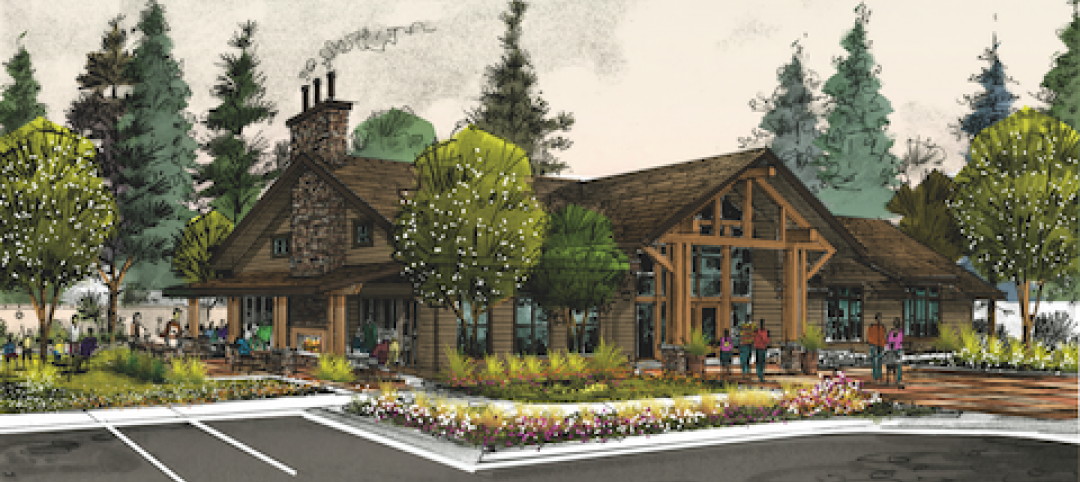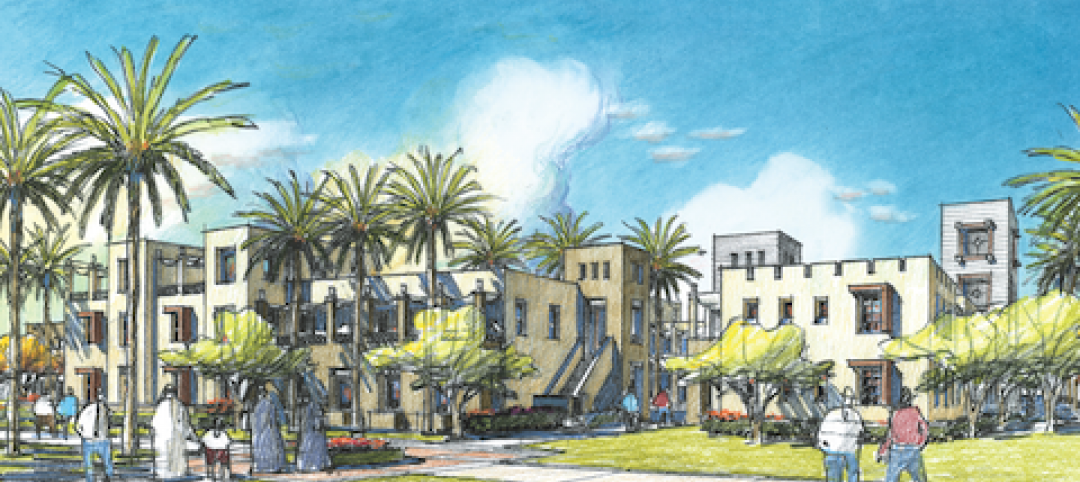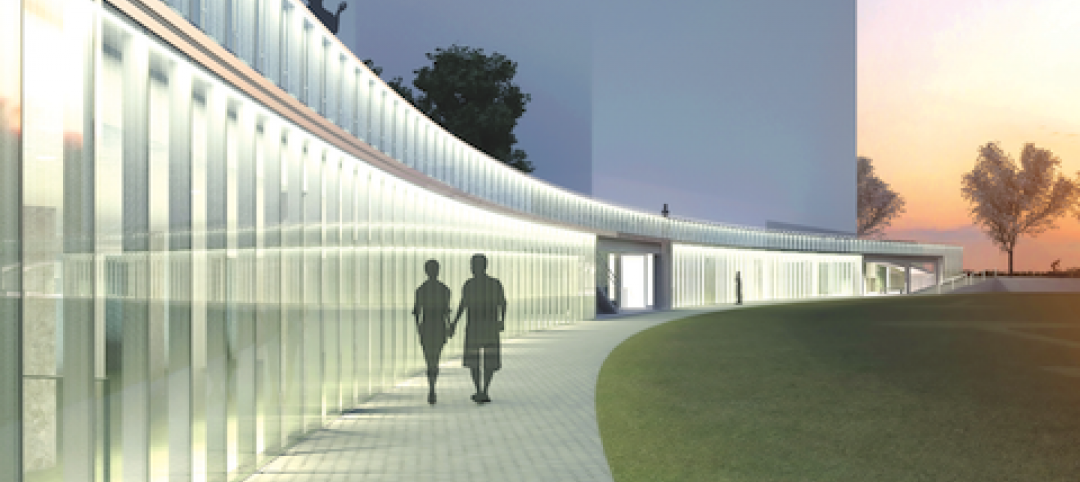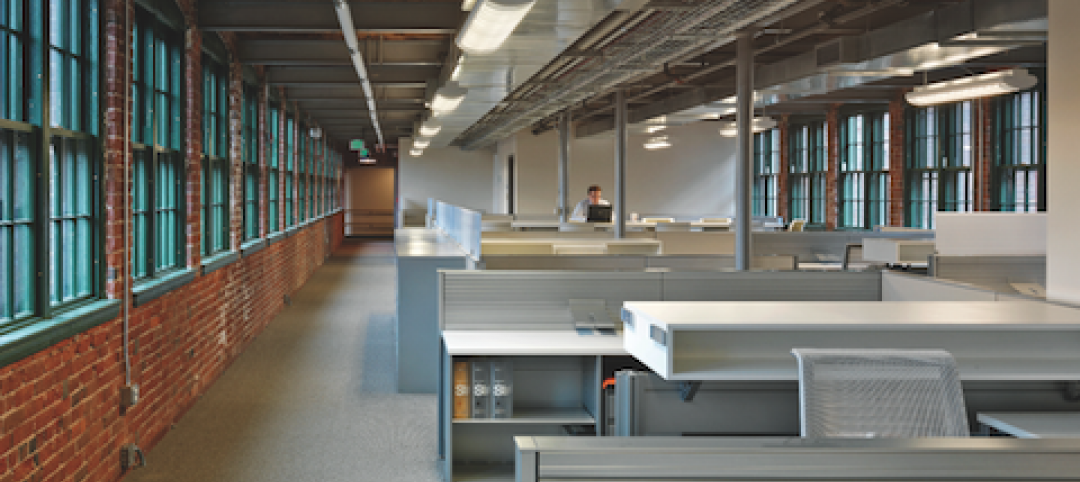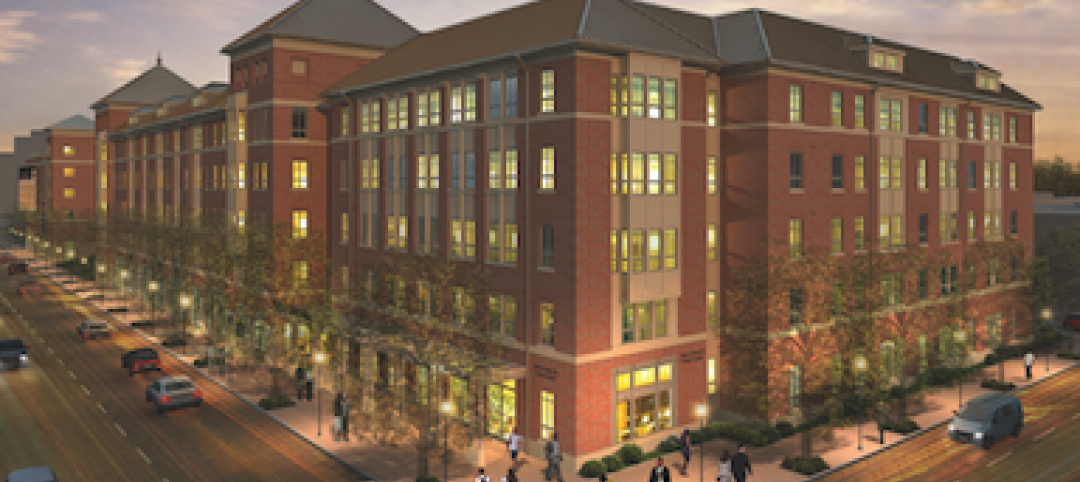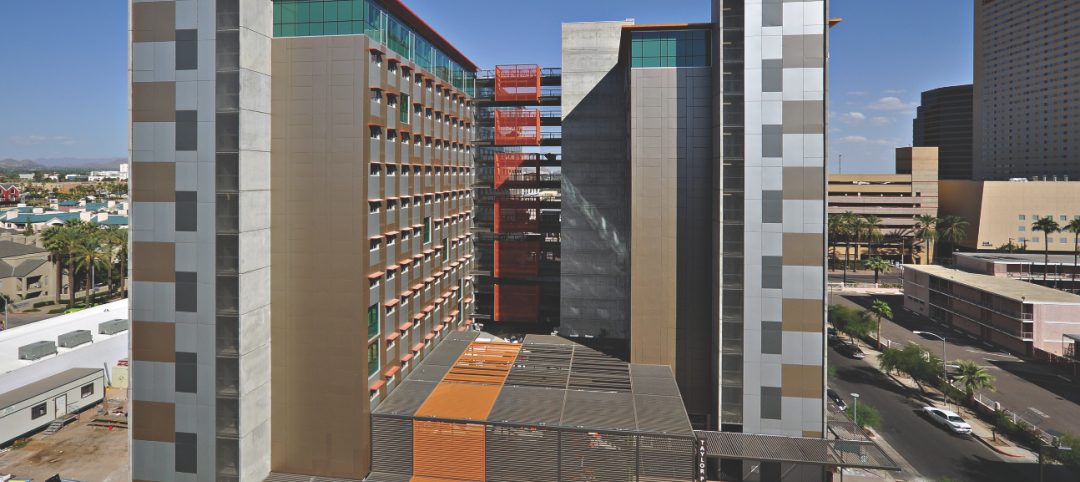First, Biden has to get the pandemic under control. Duh. Unless the new Administration does so in good order, all bets are off. Once a proven vaccine becomes available, there’s the question of whether enough people will take it to create herd immunity. Masks and hand washing alone will not stop this virus, so another dose of stimulus money is going to be needed to feed the families of the Covid-unemployed and help them pay their rent.
But let’s hope for the best. Let’s say that, at some point in late 2021 or early 2022 the pandemic is largely behind us, and the economy is back up and running. What then?
One possibility might be an infrastructure package. Remember, back in 2017, when those on both sides of the political aisle were talking about how crucial it was to restore the nation’s unsafe roads, bridges, rail lines, and seaports to proper working condition? Never happened, of course. Even if both Senate runoff races in Georgia go blue, giving Biden control of both Houses of Congress, it will be difficult to get any sizable infrastructure deal. So those potholes in the roadways leading to your buildings aren’t going to vanish overnight.
Then there’s the Green New Deal. In the primary debates Biden treated the Green New Deal like the plague—as if we needed another one . But he has signed on to bits and pieces of it. He has pledged to sign the Paris Agreement on climate change “on day one” and says he wants to ban oil and gas leases on federal lands, but would only phase out fracking over an undefined period of time in places where it is currently being practiced.
Biden is pushing a $1.7 trillion clean energy plan that he says will produce millions of new jobs, particularly in solar energy, wind, and geothermal. We should be encouraging greater use of renewables in our commercial and residential buildings, which account for 40% of energy use—and resulting carbon emissions. Before we start throwing PVs on every roof in America, though, we need a program to cut the energy consumption in buildings by 60-70%. How do you do that most effectively? Through the use of proven, commonly available, low-tech solutions: more and better insulation, LED lighting, high-efficiency heating-cooling systems, and highly energy-efficient water heating systems.
Biden says he has a plan to retrofit four million buildings, weatherize two million homes, and build 1½ million sustainably designed homes and rental apartments in four years. He may have to arm wrestle a few Republican Senators to get even a piece of that plan through Congress. But if he does, it could be a boon for the multifamily real estate sector.
Related Stories
| Oct 13, 2010
Apartment complex will offer affordable green housing
Urban Housing Communities, KTGY Group, and the City of Big Bear Lake (Calif.) Improvement Agency are collaborating on The Crossings at Big Bear Lake, the first apartment complex in the city to offer residents affordable, eco-friendly homes. KTGY designed 28 two-bedroom, two-story townhomes and 14 three-bedroom, single-story flats, averaging 1,100 sf each.
| Oct 13, 2010
Residences bring students, faculty together in the Middle East
A new residence complex is in design for United Arab Emirates University in Al Ain, UAE, near Abu Dhabi. Plans for the 120-acre mixed-use development include 710 clustered townhomes and apartments for students and faculty and common areas for community activities.
| Oct 13, 2010
Community center under way in NYC seeks LEED Platinum
A curving, 550-foot-long glass arcade dubbed the “Wall of Light” is the standout architectural and sustainable feature of the Battery Park City Community Center, a 60,000-sf complex located in a two-tower residential Lower Manhattan complex. Hanrahan Meyers Architects designed the glass arcade to act as a passive energy system, bringing natural light into all interior spaces.
| Oct 12, 2010
The Watch Factory, Waltham, Mass.
27th Annual Reconstruction Awards — Gold Award. When the Boston Watch Company opened its factory in 1854 on the banks of the Charles River in Waltham, Mass., the area was far enough away from the dust, dirt, and grime of Boston to safely assemble delicate watch parts.
| Sep 13, 2010
Richmond living/learning complex targets LEED Silver
The 162,000-sf living/learning complex includes a residence hall with 122 units for 459 students with a study center on the ground level and communal and study spaces on each of the residential levels. The project is targeting LEED Silver.
| Sep 13, 2010
Committed to the Core
How a forward-looking city government, a growth-minded university, a developer with vision, and a determined Building Team are breathing life into downtown Phoenix.
| Aug 11, 2010
Brown Craig Turner opens senior living studio
Baltimore-based architecture and design firm Brown Craig Turner has significantly expanded its housing design capabilities and expertise with the launch of its new senior living studio.
| Aug 11, 2010
CTBUH changes height criteria; Burj Dubai height increases, others decrease
The Council on Tall Buildings and Urban Habitat (CTBUH)—the international body that arbitrates on tall building height and determines the title of “The World’s Tallest Building”—has announced a change to its height criteria, as a reflection of recent developments with several super-tall buildings.
| Aug 11, 2010
Morphosis builds 'floating' house for Brad Pitt's Make It Right New Orleans foundation
Morphosis Architects, under the direction of renowned architect and UCLA professor Thom Mayne, has completed the first floating house permitted in the U.S. for Brad Pitt’s Make It Right Foundation in New Orleans.The FLOAT House is a new model for flood-safe, affordable, and sustainable housing that is designed to float securely with rising water levels.



